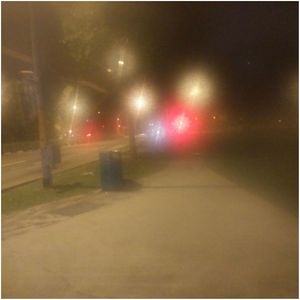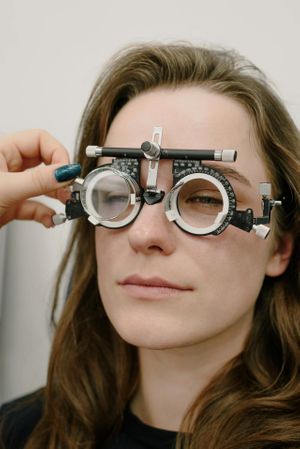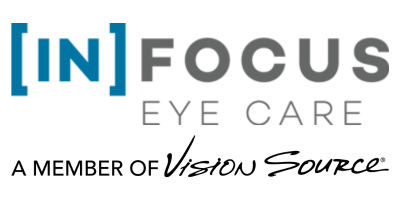Vision Problems
Vision Problems
Many types of vision problems can impact your eyesight and overall quality of life. At Infocus Eye Care, we recognize the importance of addressing vision problems promptly, whether they stem from common conditions or more complex issues.


Our Colorado Springs eye care center is dedicated to guiding you through the signs and symptoms of various vision problems and offering tailored solutions to help you achieve clearer, more comfortable vision. We have highlighted the most common causes of impaired vision below. Continue reading to learn more and contact us to schedule a complete eye care exam.

Astigmatism
Astigmatism is an uneven or irregular curvature of the cornea or lens, which results in blurred or distorted vision. Other symptoms of astigmatism include the need to squint, eye strain from squinting, headaches, and eye fatigue.
In reality, most people have some degree of astigmatism, which is usually present at birth and is believed to be hereditary. In minor cases, treatment may not be required, but it is certainly beneficial. Moderate to severe astigmatism can be treated with corrective eyewear or LASIK surgery.

Hyperopia (Farsightedness)
Farsightedness, medically known as hyperopia, refers to vision that is good at a distance but not at close range. Farsightedness occurs when the eyeball is shorter than normal, as measured from front to back, or when the cornea has too little curvature. This reduces the distance between the cornea and the retina, causing light to converge behind the retina rather than on it.
If you are mildly farsighted, your eye care provider may not recommend corrective treatment at all. However, if you are moderately or severely hyperopic, you may have several treatment options available, including eyeglasses, contacts, LASIK, and photorefractive keratectomy (PRK). Our eye care professionals at Infocus Eye Care will help you determine the best treatment option.

Myopia (Nearsightedness)
Nearsightedness, medically known as myopia, refers to vision that is good at close range but not at a distance. It generally occurs because the eyeball is too “long” as measured from front to back.
Nearsightedness is diagnosed during routine eye exams, and possible treatments include eyeglasses, contacts, acrylic corneal implants, LASIK, radial keratotomy (RK), and photorefractive keratotomy (PRK). With a vision assessment, our optometrist will suggest the best treatment option for you.

Presbyopia (Aging Eyes)
Aging eyes, medically known as presbyopia, is a condition in which the lens of the eye gradually loses its flexibility, making it harder to focus clearly on close objects such as printed words. Distance vision, on the other hand, is usually not affected.
Unfortunately, presbyopia is an inevitable part of aging and cannot be prevented by diet, lifestyle, or visual habits. However, it is treatable with several types of corrective lenses, including progressives, bifocals and trifocals, single-vision reading glasses, multifocal contact lenses, and monovision therapy.
Infocus Eye Care will work with you to diagnose your vision problem and suggest the best treatment option for your eyes at our optometric office in Colorado Springs. For more information, request an appointment with our family eye care center. We’re committed to helping you see your world more clearly.











